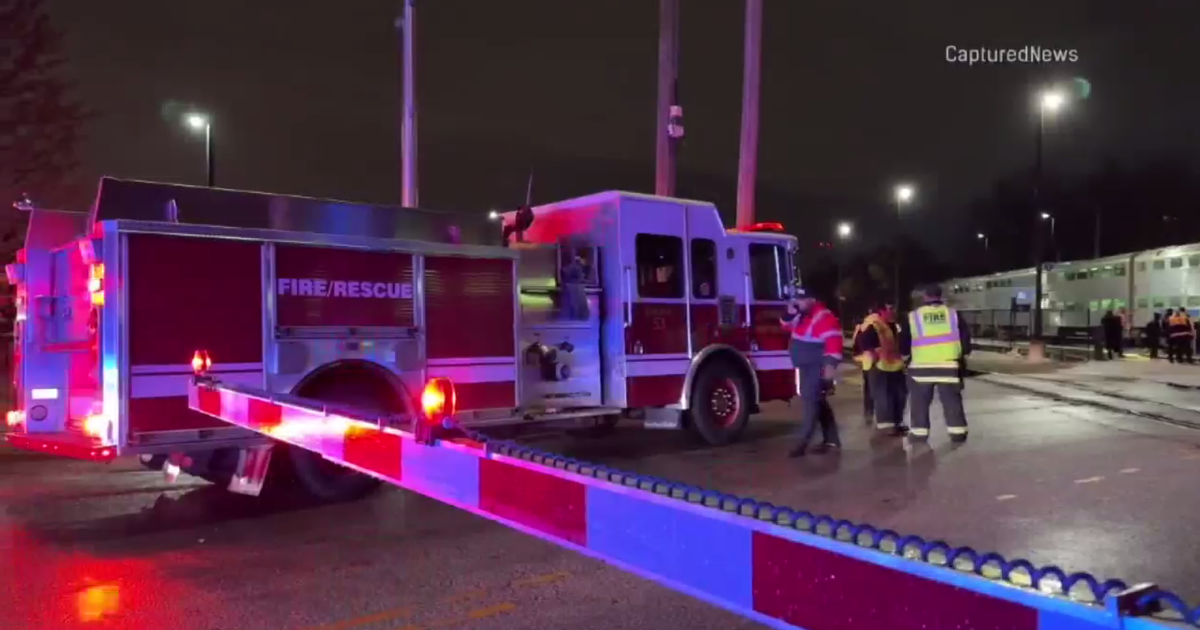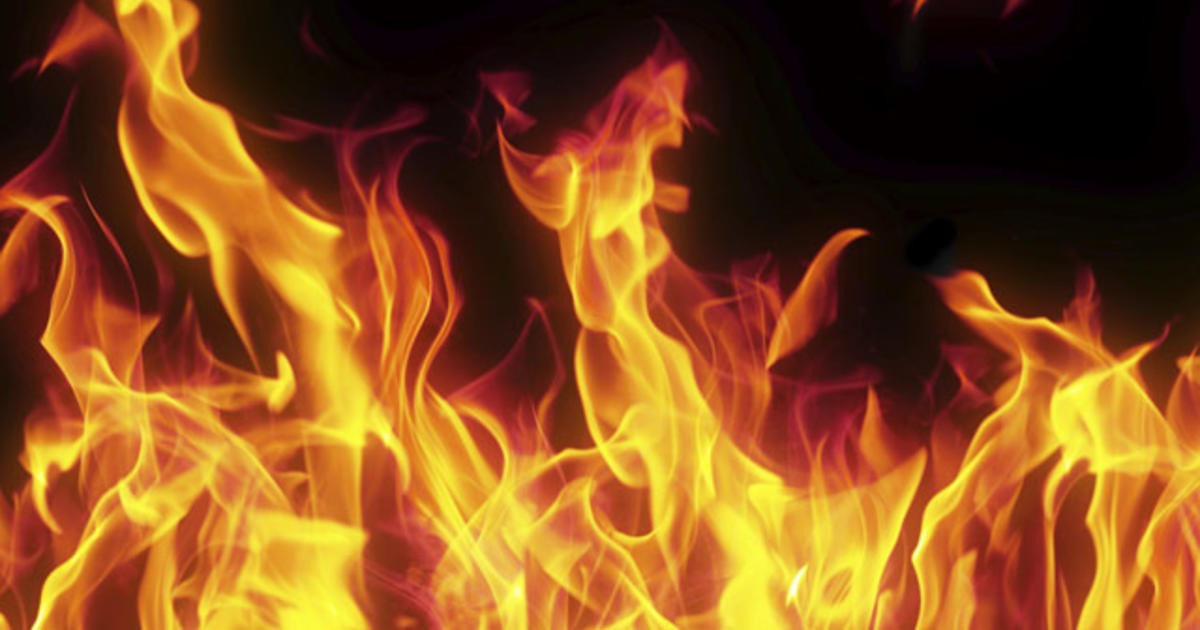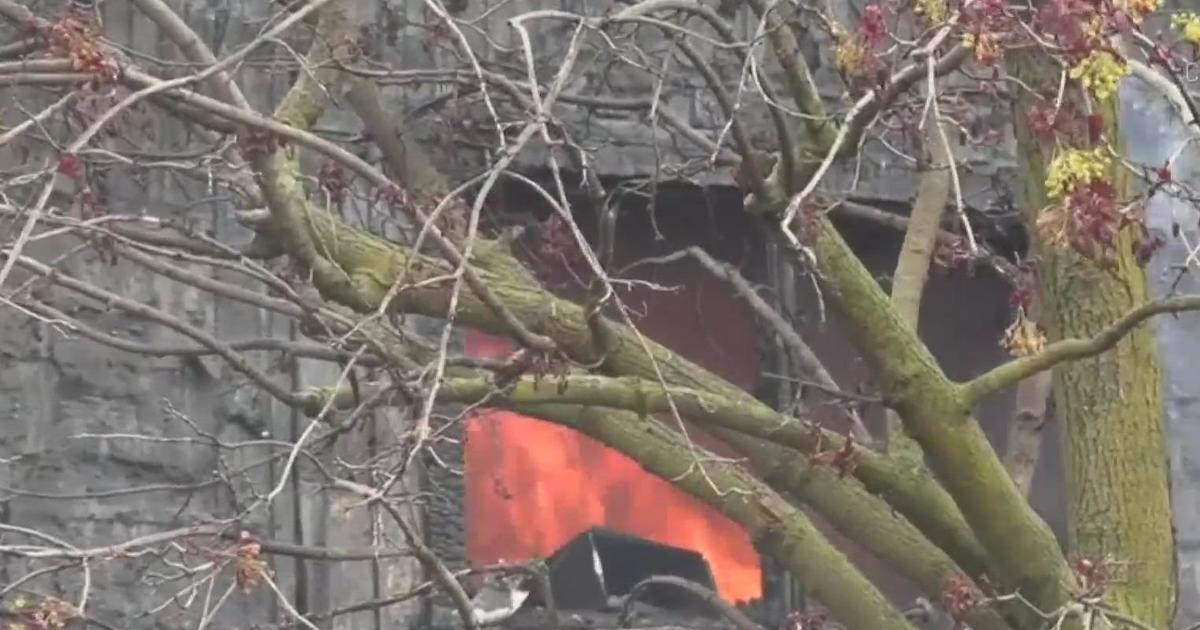Commuters Still Facing Delays After Freight Train Derailment
UPDATED 11/03/11 5:00 p.m.
BARTLETT, Ill. (CBS) -- Twenty-two freight train cars jumped the tracks and three burst into flames Thursday morning in the west suburbs, causing Metra service disruptions that were expected to drag into into Friday.
As CBS 2's Mike Puccinelli reports, the northbound Canadian National train derailed around 5:30 a.m., on the boundary between Bartlett and South Elgin. The derailment happened north of West Bartlett Road and west of Route 59, near Spaulding and Gifford roads in an industrial park.
The accident blocked the Metra Milwaukee District-West Line, as it happened right where the freight line crosses the Metra tracks. The line had to be shut down just as the morning commute began.
Railroad officials hoped to have at least one line open for Friday morning's commute. Check Metra's website for the latest on the train schedule.
On Thursday, Metra officials urged commuters to use the Union Pacific West Line (Geneva to Chicago) or Union Pacific Northwest Line (Crystal Lake to Chicago) as an alternative.
The North Central Service, which intersects with the Milwaukee West Line, was running normally.
Luckily, no one was hurt.
By dawn, the twisted, scorched train cars were visible. By 11 a.m., the flames were still burning, and smoke was still spewing from the scene.
CN officials say the cleanup process will take at least until Friday, and thus, 59 Milwaukee District-West lines will not be running.
An estimated 11,000 riders will be affected through the day, and many will run into trouble commuting home from downtown.
The cause of the derailment is not clear. But officials have confirmed, contrary to earlier concerns, that neither of the two cars containing hazardous chemicals leaked.
One of the cars was hauling ferric sulfate (Fe2(SO4)3), which is used as a coagulant for industrial waste products, and in pigments and dyes. The other was hauling sodium hydroxide (NaOH), or lye, a caustic base used in the manufacture of everything from textiles to detergents and drain cleaners.
Both chemicals are corrosive and dangerous.
The car where the fire erupted contained only wood products and no hazardous materials. Other cars on the train contained scrap metal and fiber board.
Thus no hazardous materials response was necessary, and no one was evacuated.
But residents of a nearby mobile home park where hundreds of families live were startled were concerned.
Krissy Huetter was asleep when she heard what she described as an infernal racket.
"All of a sudden I hear, like, brakes screeching, like, let's say, 20,000 cymbals banging against each other," Huetter said. "It shook my house a little bit."
She said the noise jolted her right out of bed.
"I went to go check on my kids to see if they were OK?" Huetter said.
Just before 11 a.m., the cleanup process had begun, but it won't be a rapid operation.
"We have crews on the scene that are just now starting what we call the wrecking operations – the cleanup operations – to begin removing the cars, and beginning to investigate this incident," said CN spokesman Mark Waldron.
Vapor clouds were visible at the scene at 11 a.m., but the clouds came from fire suppression agents and not from the wreck itself.
Crews were assessing the pile of wrecked train cars for stability, and heavy equipment was sent in to pull the cars apart. The rails and switching equipment were also damaged in the wreck, and the track and signal wiring must be replaced.



